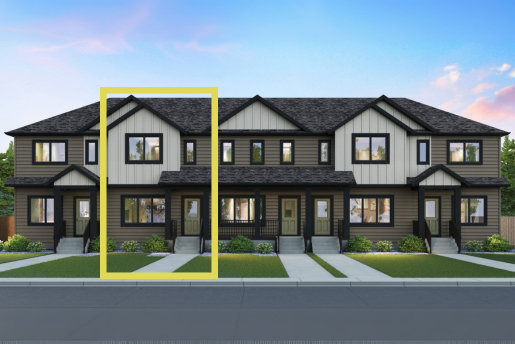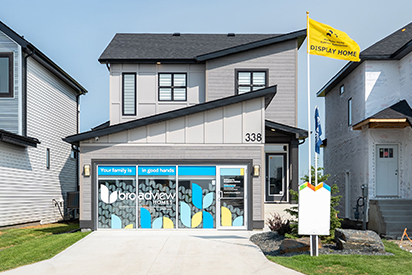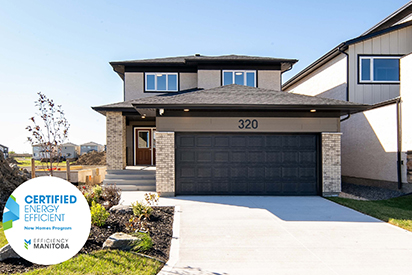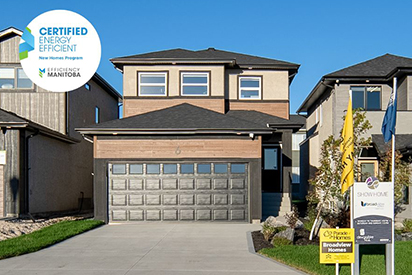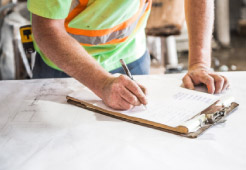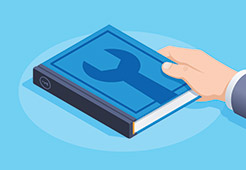Why it Pays to Be a Homeowner at Tax Time
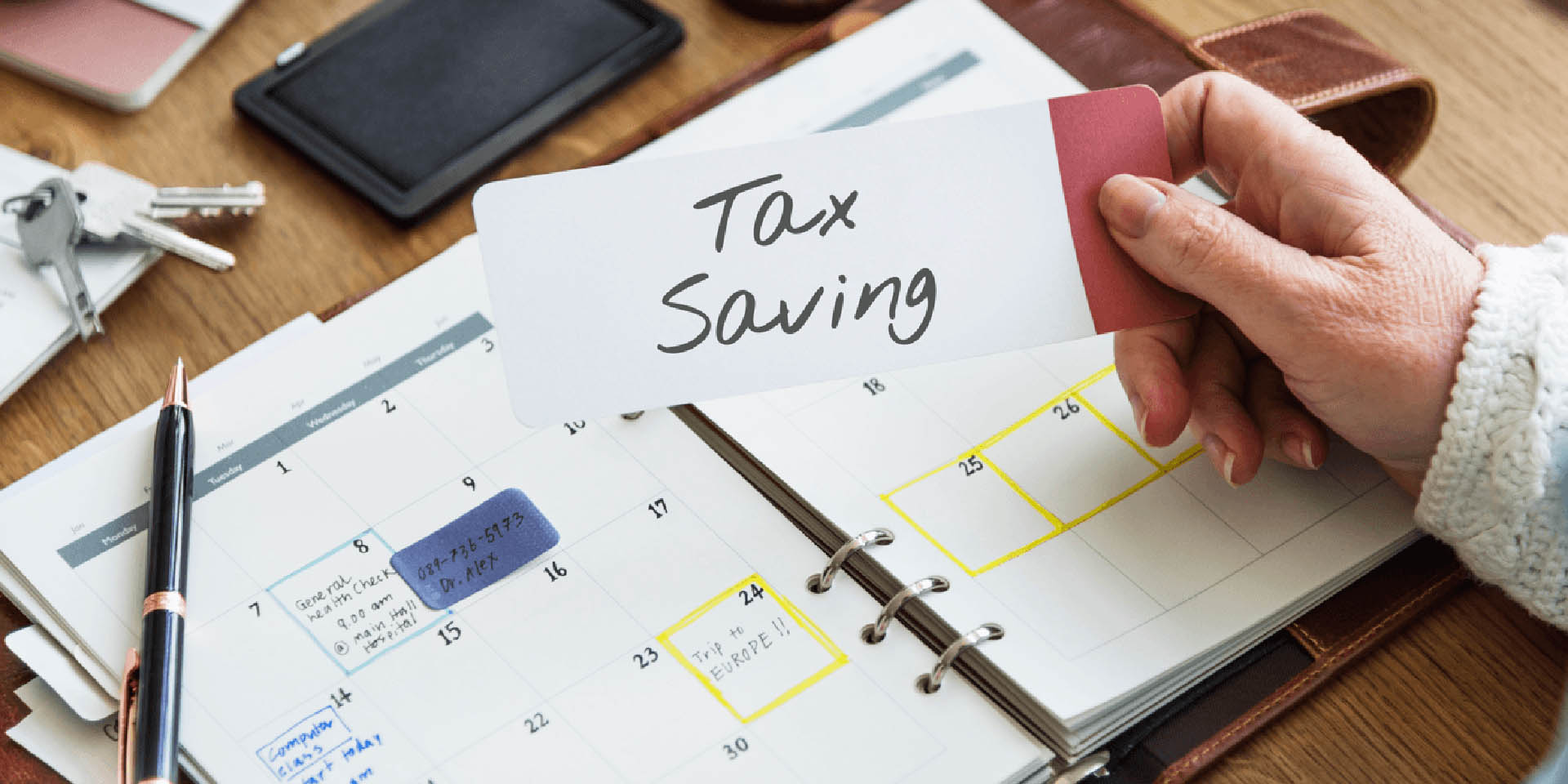
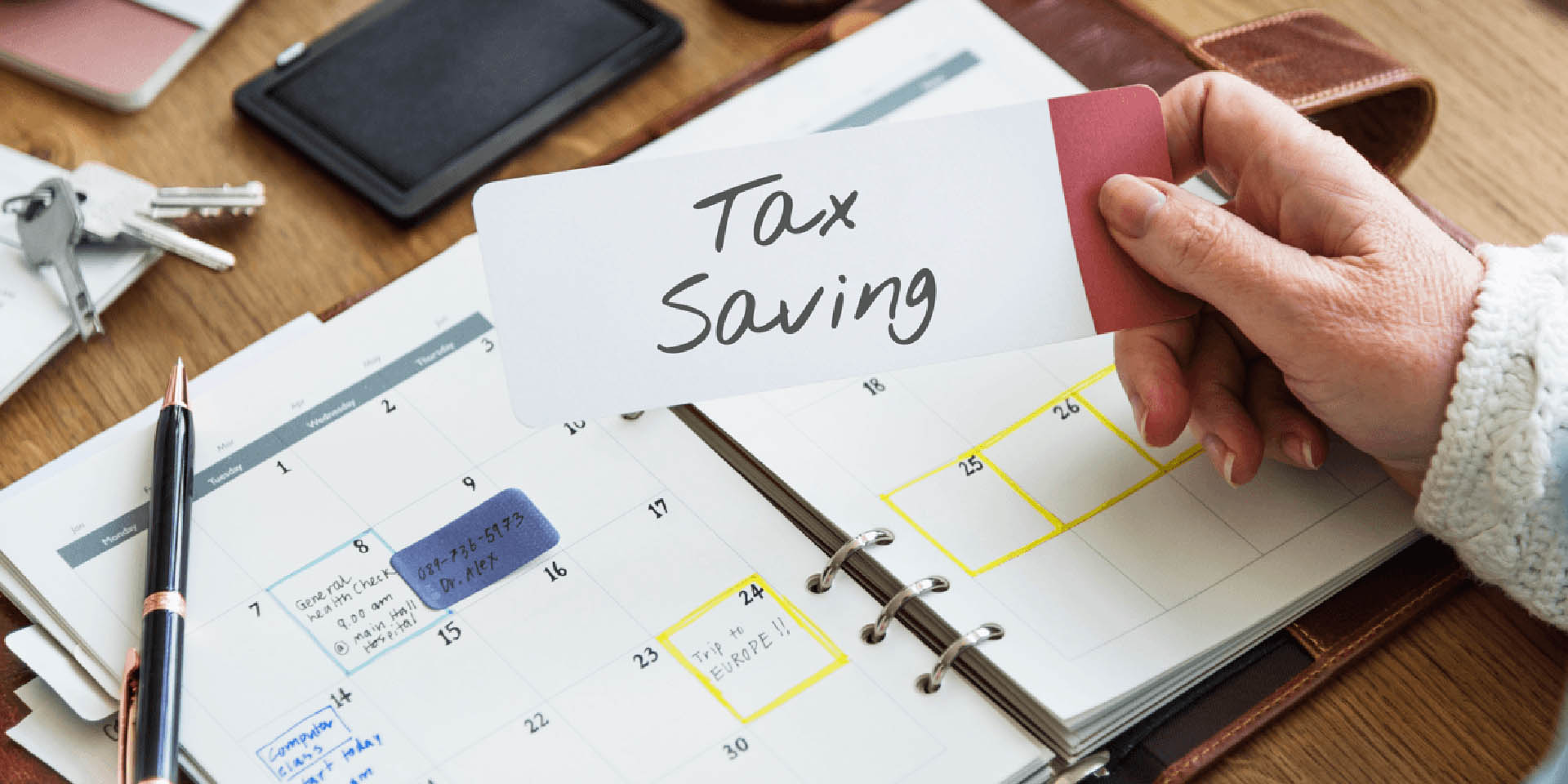 Few people get excited at tax time, but if you’re a homeowner, you may have reason to be a little bit happier than most. While you were calculating the true cost of your new home to determine what you'd have to spend, you may not have thought of what you could earn.
Few people get excited at tax time, but if you’re a homeowner, you may have reason to be a little bit happier than most. While you were calculating the true cost of your new home to determine what you'd have to spend, you may not have thought of what you could earn.
Homeowners tend to be committed to their communities, so the government encourages people to purchase homes with a few incentives at tax time. Our list might not cover every single possible credit or deduction, but it’s a good place to start.
The New Home Rebate
Officially known as the GST/HST rebate, this rebate is available to those who purchased a brand-new home from a builder, as well as those who built their home by themselves. You’ll get a rebate on some of the sales taxes you had to pay when you purchased your home. It applies only to homes under $450,000, but it can bring a bit of relief at tax time.
 Provincial Tax Credits for Manitobans
Provincial Tax Credits for Manitobans
Certain tax credits only apply to those who live in a particular area. Canadians who live in Manitoba are able to take advantage of two different tax credits – the Education Property Tax Credit and the Homeowner’s School Tax Assistance. You must meet the requirements to claim these tax credits. For instance, to get the Homeowner’s School Tax Assistance, you must be over 55 years of age. The Manitoba government’s website lists a number of personal tax credits you might qualify for, so be sure to check that out!
Tax-Free Down Payment Loans
Many people want to buy a home, but they struggle coming up with the money for the down payment. Luckily, the Canadian government allows you to borrow up to $25,000 from your registered retirement savings plan (RRSP) with the Home Buyer's Plan. It’s a loan, so you have to pay it back, but the money that you borrow will not count as income when you file taxes. However, if you don’t repay the money within 15 years, you’ll then have to pay taxes on the money.
First-Time Homebuyers’ Tax Credit
Did you know there are programs to help first-time home buyers? Additionally, those who are buying a home for the first time – or who have not owned a home in the past four years – are eligible to receive up to $750 for the first-time home buyer's tax credit. Canadians with disabilities are eligible for the credit even if they’ve owned a home. Almost every type of home qualifies, including single-family homes, duplexes, townhomes, and condos. A must-do for a first-time home buyer is to meet with a tax specialist to learn more about this credit.
 Tax-Free Capital Gains
Tax-Free Capital Gains
If you’ve sold a home, there’s a good chance you were able to sell it for a higher price than you paid for it. Fortunately, you don’t have to pay taxes on the capital gains from the sale. This means that you can easily use that equity as a down payment on your next home or anything else you might want to spend it on.
Deducting Business Expenses
Businesses are able to deduct their operating expenses, and this is true for home-based businesses as well. If you work from your home, you can deduct a portion of your mortgage as though you were paying rent for the space. You can also deduct a portion of other expenses, like utility costs.
Typically, the amount is calculated as a percentage of the home. For instance, if your home office was about 200 square feet out of a 2,000 square foot home, you’d be able to deduct 10 percent. However, the space has to be a dedicated home office space to qualify. You can’t take a deduction if you simply use your laptop on the kitchen table. Taking these deductions can be a bit tricky, so it’s a good idea to consult with a tax professional.
Deducting Moving Expenses
If you’ve moved for business, you may be able to deduct your moving expenses. The key is that your move needs to put you 40km or more closer to work. If you qualify, you can deduct a wide range of costs associated with the move, including realtor fees, moving fees, and legal fees. Those who moved across the country may even be able to deduct the expenses occurred on your trip to your new home – things like hotels and meals.
The downside of making these deductions is that they sometimes set off a red flag for the Canada Revenue Agency, and you might have to undergo an audit.
Earning an Income from Your Home
If you bought a home with a renter in mind, you’ll have extra income to consider, but you’ll also be able to deduct some rental expenses. Similar to the deductions you get from home business usage, you can deduct a portion of your mortgage, property taxes, and utility costs.
There are plenty of little loopholes that make owning a home in Canada a sound financial decision. Most tax software programs can help you identify the types of deductions and credits you qualify for, but it may be best to hire a tax professional.

